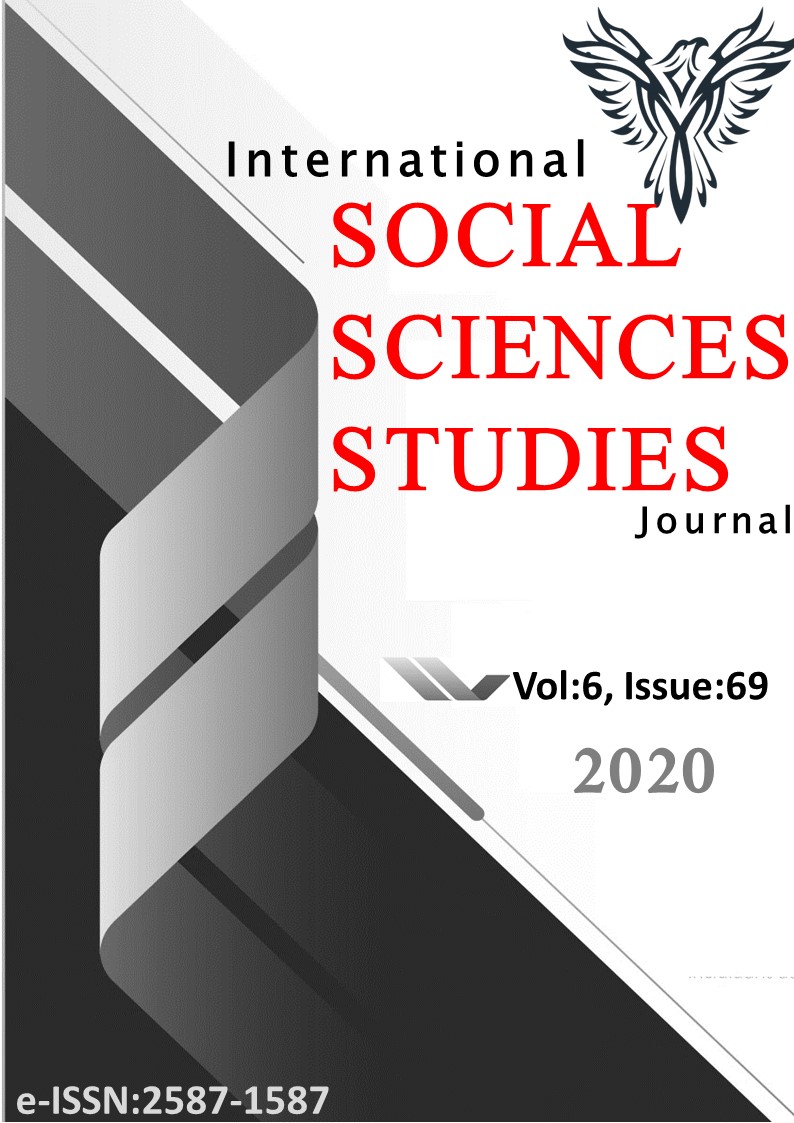Author :
Abstract
Bulaşıcı hastalıklar, tarihsel süreç boyunca bireyi ve toplumu fiziksel, ekonomik, sosyal ve psikolojik olarak etkileyen önemli konuların başında gelmektedir. COVID-19 sürecinde olduğu gibi küreselleşme ile artan ulaşım olanakları ve hareketlilik herhangi bir ülkede başlayan salgının birçok ülkeye yayılmasını ve pandemi oluşturmasını kolaylaştırmakta, bulaşıcı hastalıkların kontrolü zorlaşmakta ve bazen aşı veya spesifik bir tedavi bulunmamaktadır. Bu nedenle bulaşıcı hastalığı kontrol etmek için Dünya Sağlık Örgütü (DSÖ)’nün bulaşıcı hastalıkla mücadelede stratejinin bir parçası olarak vurguladığı sürveyans ve filyasyon ön plana çıkmaktadır. Etkili bir bulaşıcı hastalık kontrol programında, erken tanı ve vaka tespitinin ana öğeleri arasında sürveyans çalışmaları en önemli basamaktır. Sürveyans çalışmaları ihbar, bildirim, saha incelemesi/filyasyon, vaka incelemesi, salgın incelenmesi gibi eylemleri kapsamaktadır. Filyasyon hastalığın kaynağının belirlenmesi ve temaslı takibi ile bulaşıcı hastalıklarda kontrol sağlamasına olanak sunmaktadır. Tüm ülkelerde bulaşıcı hastalıkların önlenmesi, tedavi ve rehabilitasyonda hemşireler en önde gelen meslek grubudur. COVID-19 pandemi sürecinde ulusal ve uluslararası platformlarda birçok rolleri ile hizmet veren hemşirelik mesleğinden söz edilmiştir. Bu derlemenin amacı bulaşıcı hastalıklarda yapılan sürveyans ve filyasyonun önemini açıklamak ve hemşirenin bu süreçteki rolünü vurgulamaktır.
Keywords
Abstract
Infectious diseases are among the important issues that affect the individual and society physically, economically, socially and psychologically throughout the historical process. As with the process of COVID-19, increasing transportation opportunities and mobility with globalization make it easier to spread the epidemic in any country and create pandemics, it is difficult to control infectious diseases and sometimes there is no vaccine or specific treatment. For this reason, surveillance and filiation, which is emphasized by the World Health Organization (WHO) as part of the strategy to combat infectious disease, comes to the fore to control infectious disease. In an effective infectious disease control program, surveillance studies are among the main elements of early diagnosis and case detection. Surveillance studies include actions such as notice, notification, field examination / fillation, case study, epidemic examination. Filiation allows the control of infectious diseases by determining the source of the disease and its contact tracking. In all countries, nurses are the leading occupational group in the prevention, treatment and rehabilitation of infectious diseases. Nursing profession, which serves with its many roles in national and international platforms, was mentioned during the COVID-19 pandemic process. The purpose of this review is to explain the importance of surveillance and filiation in infectious diseases and to emphasize the role of the nurse in this process.





